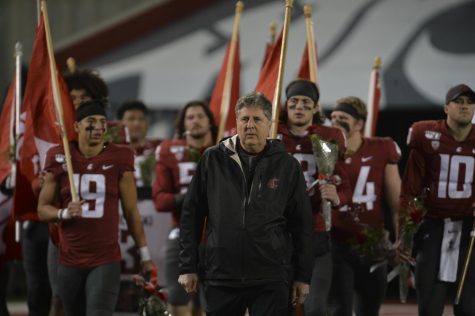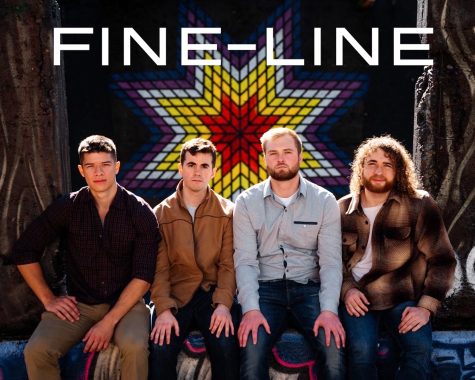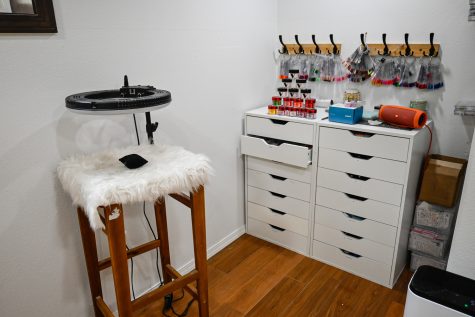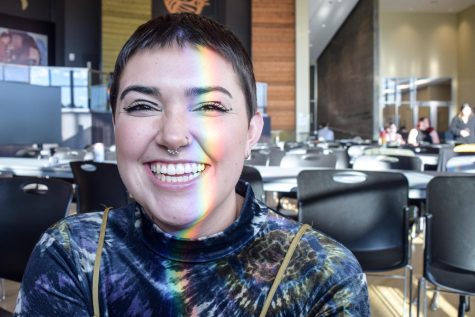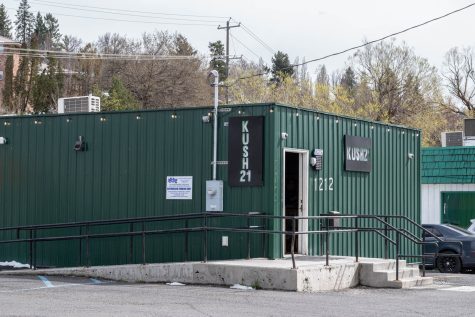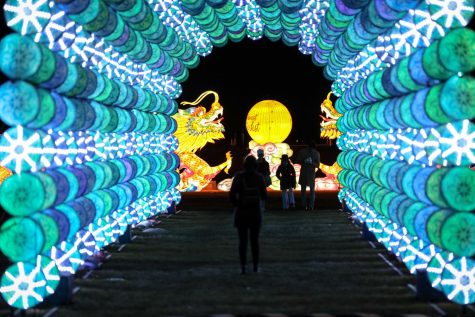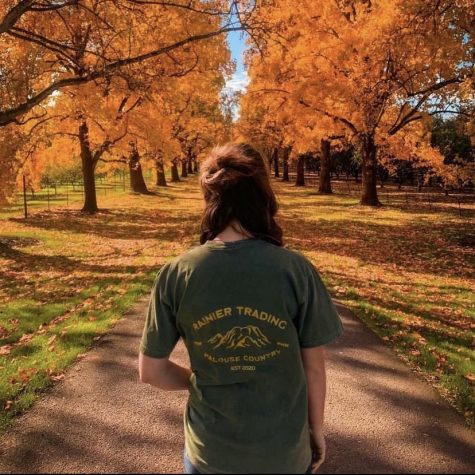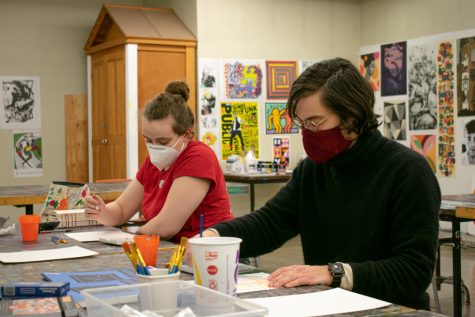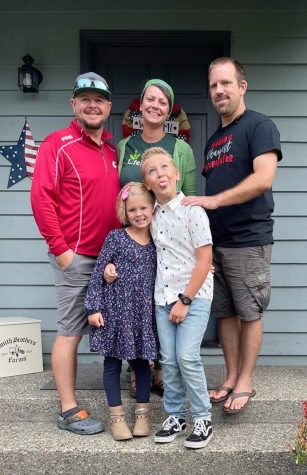Sole hijabi woman in Murrow shares her story
March 10, 2017
There tend to be misconceptions regarding why Muslim women choose to wear hijabs. Fadumo Ali, a senior in the Murrow College of Communication, is the only hijabi woman in her degree.
A hijab is not just a garment without meaning, Ali explained. The garment allows hijabi women to be noticed as representatives of the Islamic religion.
“It’s not just about me. I’m representing my whole religion,” Ali said. “That’s something about Islam, is that hijab women and women wearing burkas, or any other garments, they’re ambassadors of the faith.”
Although Ali first seemed shy or nervous about wearing a hijab because she felt people would look to her for questions about the religion of Islam, she later learned that it was worth it.
“When I got into high school,” Ali said, “I’d be the one person in class making sure that I educated people about these different topics and what’s actually going on.”
Her experiences in high school led Ali to give more attention to news and politics, eventually leading her to pursue political journalism.
As a hijabi, she learned to accept herself and her background.
“I would say don’t be afraid or don’t be ashamed of your heritage or your background,” Ali said. “When it got to a certain point in high school where I was like ‘forget this, I’m just going to do me and not try to forget anymore.’ As soon as I did that, I finally discovered myself.”
She pushed herself to excel because she knew she was the only woman in the college wearing a hijab.
“I felt this weird sense being in the Murrow College being the only hijabi, that I always felt like I had to work harder and make sure that I perfected my skill to a different degree,” Ali said. “I felt like that pressure, like any minority, you have to work harder to be qualified.”
Ali said that representing a different minority not only allows other people to gain education about the religion, but it also empowers younger hijabi women or Muslim men.
“I feel like I’m able to represent a different community that doesn’t get represented,” Ali said. “I want to be that person that I wish I had growing up when I turned on the news and saw a Muslim woman or someone I looked similar to.”
Today, people look to the media, internet and other non-Muslims to understand the religion of Islam. This allows common misconceptions about Muslims and the religion to continue to exist. Ali explained that Muslims are just like anyone else, as we all strive for similar goals in life.
“We have the same aspirations as Americans or anyone else. We want to be educated, we want to have a job,” Ali said. “It’s so crazy because people categorize us as the ‘other’ without realizing that we’re working day-to-day for the same things everyone else is, and that’s something that people don’t understand.”
When asked to describe what Muslim people and the Islamic religion values most, the two words Ali chose were peace and understanding. She explained that God values peace and the understanding of one another and within her own life, she tries to reflect that to non-Muslims.
“When you take apart the meaning [of Islam], it means ‘religion of peace,’ ” Ali said.
Ali’s point of view as a hijabi Muslim woman opens the door to a unique piece of diversity at WSU. If individuals want to support their fellow classmates, she said they should try to understand what their Muslim peers value, experience and hope for in life.
“My advice to anyone who has any questions about Islam or Muslims, just go up and ask a Muslim,” Ali said. “Muslims actually want to talk to you. They’ll actually like to talk to you, to educate you about their religion, same as you would about your religion or your culture.”










